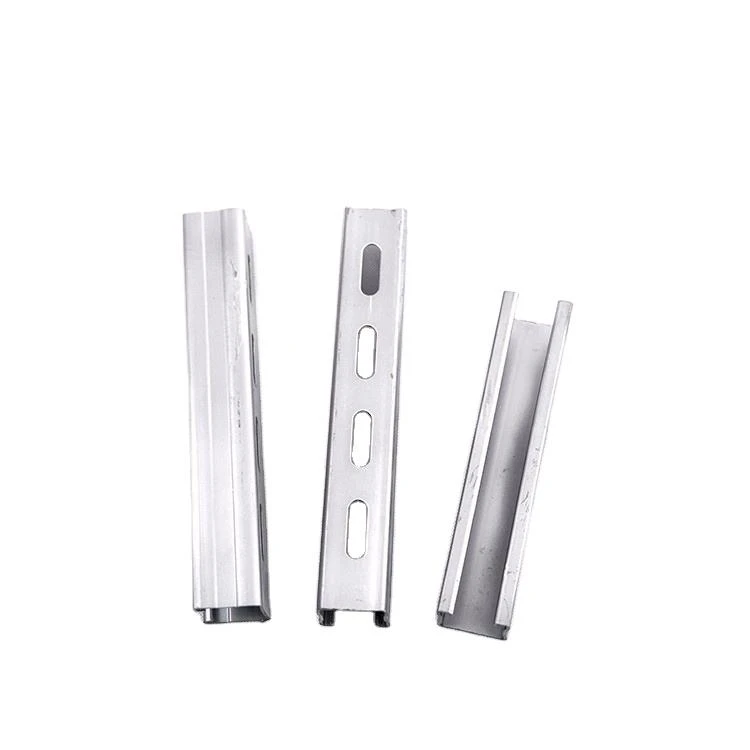

zinc washers
Oct . 06, 2024 08:55 Back to list
zinc washers
Understanding Zinc Washers An Essential Component in Fastening
When it comes to the world of fastening and assembly, small components often play crucial roles in ensuring durability and reliability. Among these components, zinc washers stand out as versatile and essential tools in various applications. From construction and automotive industries to household projects, zinc washers serve multiple purposes that contribute to the longevity and performance of assembled products.
What Are Zinc Washers?
Zinc washers are flat, circular pieces of metal with a hole in the center, designed to distribute the load of a threaded fastener, such as a bolt or nut. Made primarily from steel that is coated with zinc, these washers are known for their strength, affordability, and resistance to corrosion. The zinc coating acts as a protective barrier, preventing rust and degradation caused by moisture and environmental exposure. This feature makes them particularly suitable for outdoor applications and environments prone to humidity.
Applications of Zinc Washers
Zinc washers are used across various fields, including automotive, construction, plumbing, and electrical installations. Their key functions include
1. Load Distribution By spreading the load of a fastener over a larger area, zinc washers help prevent damage to the materials being fastened. This is particularly important when working with softer metals or wood, which may be susceptible to deforming or compressing under high pressure.
2. Vibration Dampening In automotive applications, for instance, zinc washers can mitigate the effects of vibrations and impacts. By providing a buffer between the bolt and the surface, they help maintain a secure connection over time.
3. Sealing Although zinc washers themselves are not seals, they can be part of a sealing system when used in conjunction with other sealing materials. They assist in preventing leaks in plumbing applications by tight-fitting around pipes and fittings.
4. Corrosion Resistance As mentioned earlier, the zinc coating enhances corrosion resistance, making zinc washers ideal for outdoor use or in environments that may expose them to harsh weather conditions. The durability provided by zinc washing means less frequent replacements and repairs.
zinc washers

Types of Zinc Washers
Zinc washers come in various sizes and types, tailored to meet specific needs. Some common varieties include
- Flat Washers The most basic type, used for general applications to distribute loads under bolts and nuts.
- Spring Washers These washers are designed with a slight curve, and they apply pressure to the fastener, allowing for compensation against loosening due to vibrations.
- Fender Washers Featuring a larger outer diameter compared to standard flat washers, fender washers provide an even greater load distribution and are often used in applications where a larger surface area is beneficial.
Installation and Considerations
When installing zinc washers, it’s essential to ensure that they are the correct size for the fastener and the application. Selecting the right diameter and thickness is crucial for achieving effective load distribution and proper fitting. Additionally, while zinc washers offer substantial protection against corrosion, one should consider their limitations; they are not suitable for environments involving high temperatures or corrosive substances, where stainless steel or other materials may be preferable.
Conclusion
Zinc washers are integral components in fastening solutions across a multitude of applications. Their load-distributing capabilities, vibration dampening properties, and robust corrosion resistance make them a popular choice among engineers, builders, and DIY enthusiasts alike. By familiarizing oneself with the various types of zinc washers and their applications, individuals can enhance the effectiveness and longevity of their projects. Whether for a simple home repair or a complex engineering task, understanding the value of zinc washers can lead to stronger, safer, and more durable assemblies.
Latest news
-
High-Strength Hot-Dip Galvanized Bolts-Hebei Longze|Corrosion Resistance&High Strength
NewsJul.30,2025
-
Hot Dip Galvanized Bolts-Hebei Longze|Corrosion Resistance&High Strength
NewsJul.30,2025
-
Hot Dip Galvanized Bolts - Hebei Longze | Corrosion Resistance, High Strength
NewsJul.30,2025
-
High-Strength Hot Dip Galvanized Bolts-Hebei Longze|Corrosion Resistance, Grade 8.8
NewsJul.30,2025
-
Hot Dip Galvanized Bolts-Hebei Longze|Corrosion Resistance,High Strength
NewsJul.29,2025
-
High-Strength Hot Dip Galvanized Bolts - Hebei Longze Metal Products Manufacturing Co., Ltd.|corrosion resistance&high strength
NewsJul.29,2025

